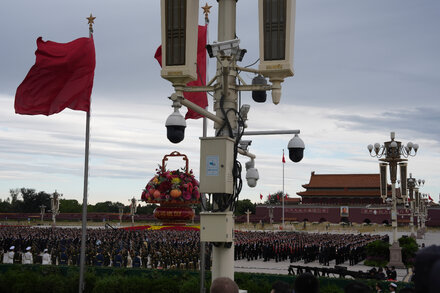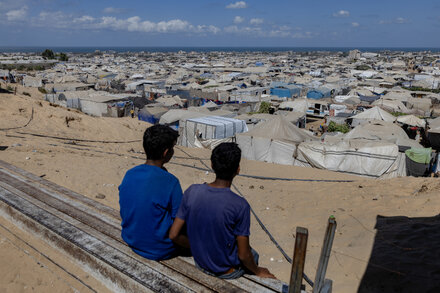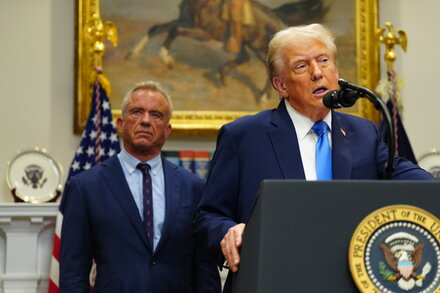The policies enacted during the Trump administration significantly altered the landscape for universities in the United States, particularly concerning international students, researchers, and collaborative scientific endeavors. These changes, aimed at addressing perceived national security risks and controlling immigration, extended their influence beyond American borders, impacting global academic exchange and the international scientific community.
A primary area of impact was immigration and visa policies. The administration implemented travel bans targeting several Muslim-majority countries, which directly affected students and scholars from those regions. Additionally, heightened scrutiny of visa applications, particularly for individuals from China and other countries deemed strategic competitors, led to increased delays, denials, and a general climate of uncertainty for prospective international students and researchers. This tightening of visa regulations contributed to a measurable decline in new international student enrollment at U.S. universities.
Concurrent with visa restrictions, the administration launched initiatives focused on research security, notably the “China Initiative.” This program, led by the Department of Justice, aimed to counter economic espionage and theft of intellectual property, particularly within academic and research institutions. While intended to protect national interests, it also led to increased scrutiny, investigations, and in some cases, arrests of researchers, predominantly those of Chinese descent. This created a chilling effect within the academic community, fostering concerns about racial profiling and stifling legitimate international collaboration.
The global repercussions of these policies were multifaceted. Universities in other nations, including Canada, the UK, Australia, and European countries, actively sought to attract international students and scholars who might have otherwise chosen the United States. This shift in academic talent mobility potentially reshaped global research partnerships and intellectual exchange, as some international researchers and students opted for destinations perceived as more welcoming or stable.
Concerns were also raised regarding the potential long-term impact on U.S. scientific leadership. Reduced access to a global talent pool, coupled with decreased ease of international collaboration, prompted fears that the United States could lose its competitive edge in critical research areas. International scientific conferences and joint research projects also faced disruptions as travel became more restricted and the environment for cross-border academic work grew more complex.
The policies spurred a debate within the academic community and among policymakers about balancing national security concerns with the traditional open nature of scientific inquiry and the benefits of international diversity in higher education. While the administration asserted the necessity of these measures for national security, critics argued that they inadvertently undermined the U.S.’s standing as a global leader in education and research, with effects resonating across the international academic landscape.
Source: Read the original article here.





